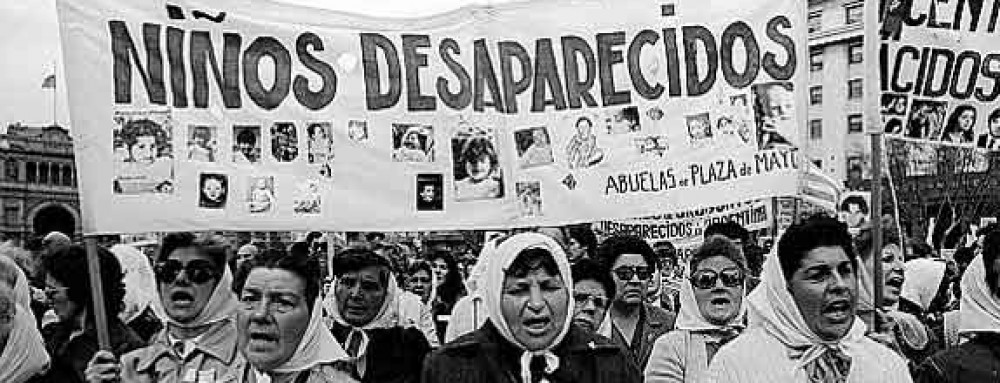Hola lamngen. Espero que estes bien, contente y feliz.
This is not an easy place to be. The worst of the US has happened, is still happening, or is starting to happen here for the most part. These lands are scarred by hatred and treachery, and have been covered in beautiful churches, palaces, and offices to distract you from that truth. The original inhabitants of these lands are very much still with us — Kamiare, Mapuche, Wichi, Chane, countless more — despite what your tour guides would have you believe.
These cities, Cordoba and Buenos Aires, have histories which extend incomprehensibly beyond when the Iberians invaded in the 1500s. The “conquerors” were not the first to make cities, and weren’t infallible heroes who were masters of their “craft”. In fact, the first one got what was coming to him pretty quickly and they had to get his boy from Spain to finish the job when they made the capital.
Despite what people tell you, it’s not acceptable to call Indigenous people “Indians” or Afrodescendent people “Blacks” — and whatever story they tell you to justify it is also unacceptable. These streets, buildings, waterways, all of this infrastructure and beauty that has become the pride of this nation would not have been possible without enslaving Africans and Indigenous people. These houses of worship, lined with gold and silver and ornate wood carvings, could only be built using enslaved labor and stolen materials.
You will walk into these memory sites and feel the heaviness that chokes the air and you with it. I ask you to do the same as you walk through the old city, through the cathedrals, the estancias, the ranches, and the palaces. Recall their histories just as you would for a recent site, because they still inflict the same traumas as they did 500 years ago. The only difference is that they’d never wrap a sitio de memoria in goldleaf.
No matter how good your intentions are or how well you speak English and Spanish, being a cultural mediator will become tiring. You will find yourself apologizing for the actions of others, perhaps because their intentions were lost in translation (or, really weren’t). You will become so tired that by the time you just need to speak for yourself to buy water, you won’t even be able to form the basic sentence. Often, those who ask for the most of you will give you the least thanks in return. These are pretty universal things, but they’re good to keep in mind specifically here.
This is a nation of beautiful people, cultures, and vistas that will take your breath away even on a tough day. You will likely have some of the most meaningful moments of your life here; little minutes that feel like hours, expressing something that an entire library would struggle to do — without words. I am enamored with just how much I have to learn and know about this place, and I’m so excited to come back under different circumstances.
If you come here looking for answers to questions like the ones I had, then I am certain you will find them. The journey is anything but easy, but I leave this country with a kind of heavy enlightenment about myself and our own country. Be kind to yourself, set healthy boundaries, rest, and don’t be afraid to try new things. Do be afraid of the street chori, though.
Also, bring hot sauce and your own spices. One bottle is not enough. And be familiar with the general plotline of Forrest Gump, at least toward the end of the movie. It becomes relevant here, you’ll see (mille grazie, profe).
Suerte,
D.

This is a great post, and I think you summarized how many of us have felt on this trip. At times it has felt like whiplash to experience such beautiful culture and then a horrifying past in the same breath. It is certainly tiring. Thank you for your wisdom and ability to write how you feel so beautifully,
Dee, what a beautiful summary of all the good, bad, ambivalent, and confusing.
Your words are so impactful, and grasp at a key point that was truthfully left out of a lot of our conversations and tours here in Argentina. Opulence may obscure violence but it will never erase it. This is a very important reminder as we continue to integrate these lessons into our everyday lives.
Also, thank you for all of your heartfelt labor in interpreting, translating, and preserving the stories of those with whom we spoke. You handled their stories with such care and that work did not go unnoticed by many of us.
p.s., I will miss our late night kiosko runs that taxed our Spanish abilities more than perhaps anything else. 🙂